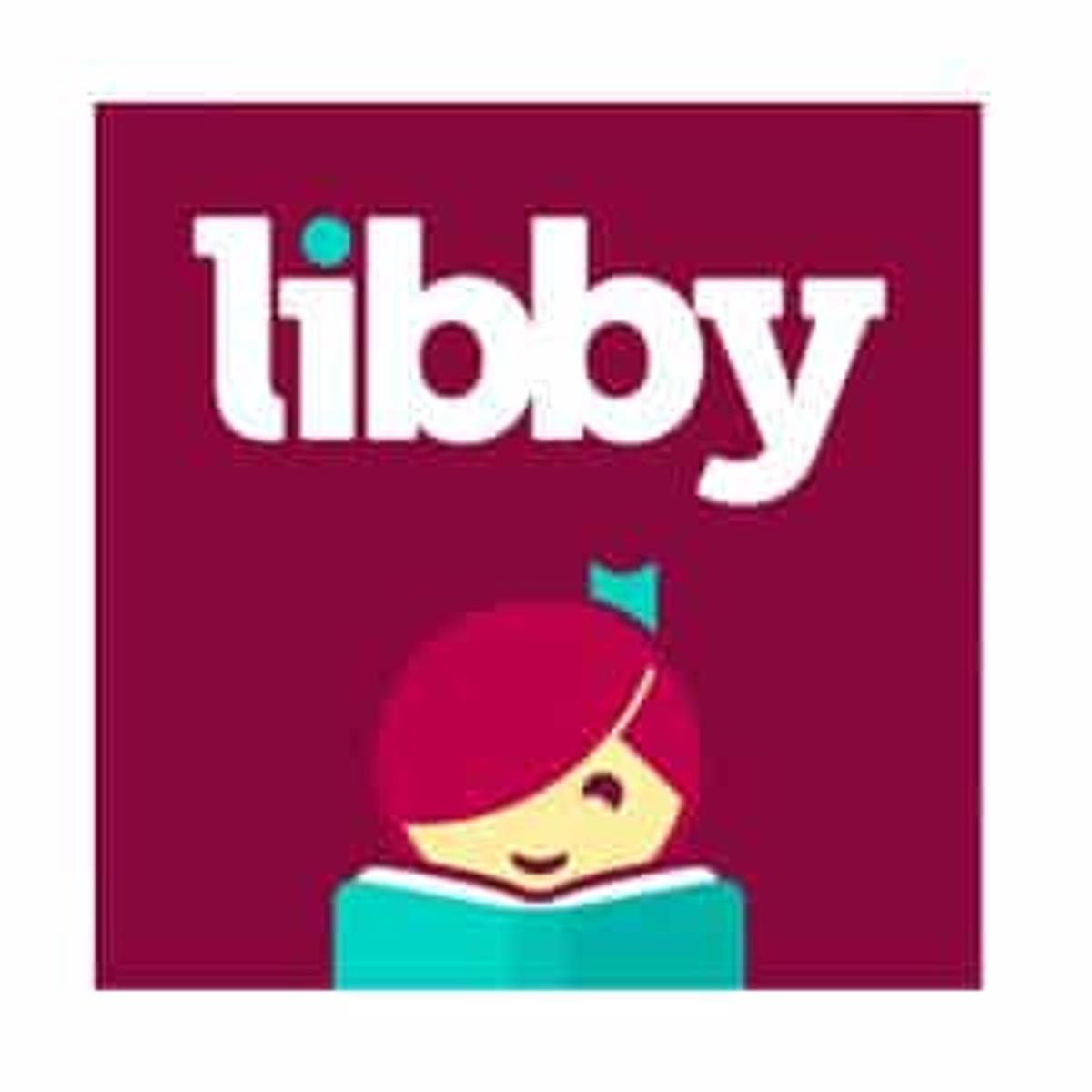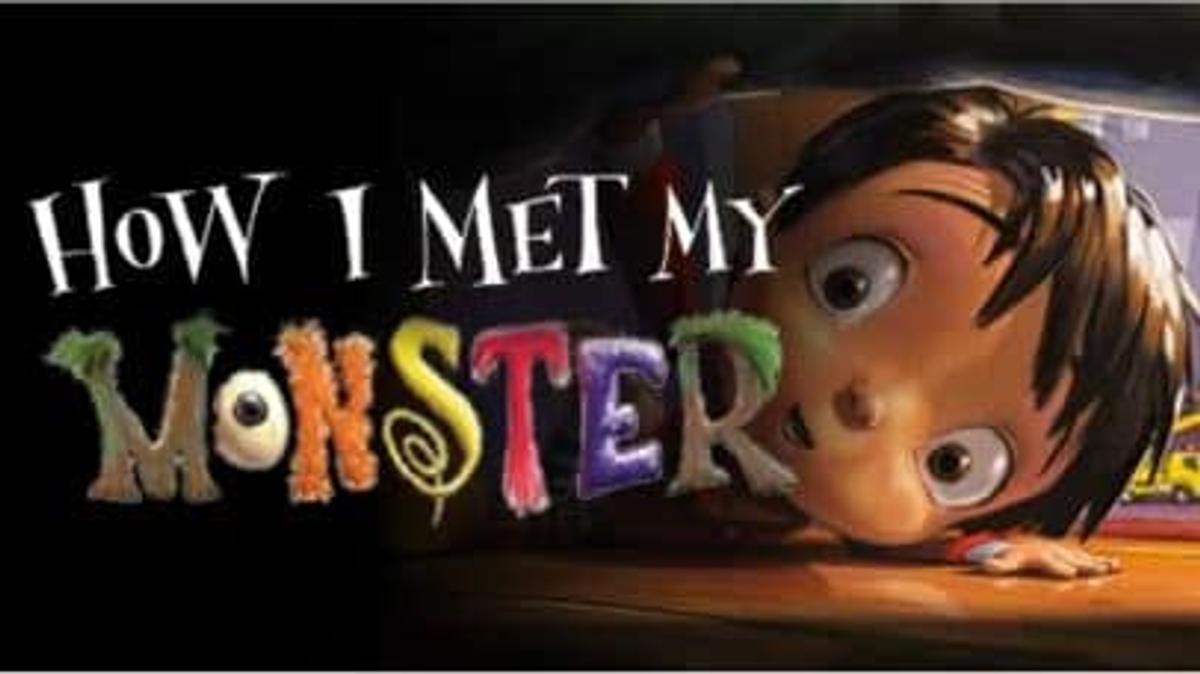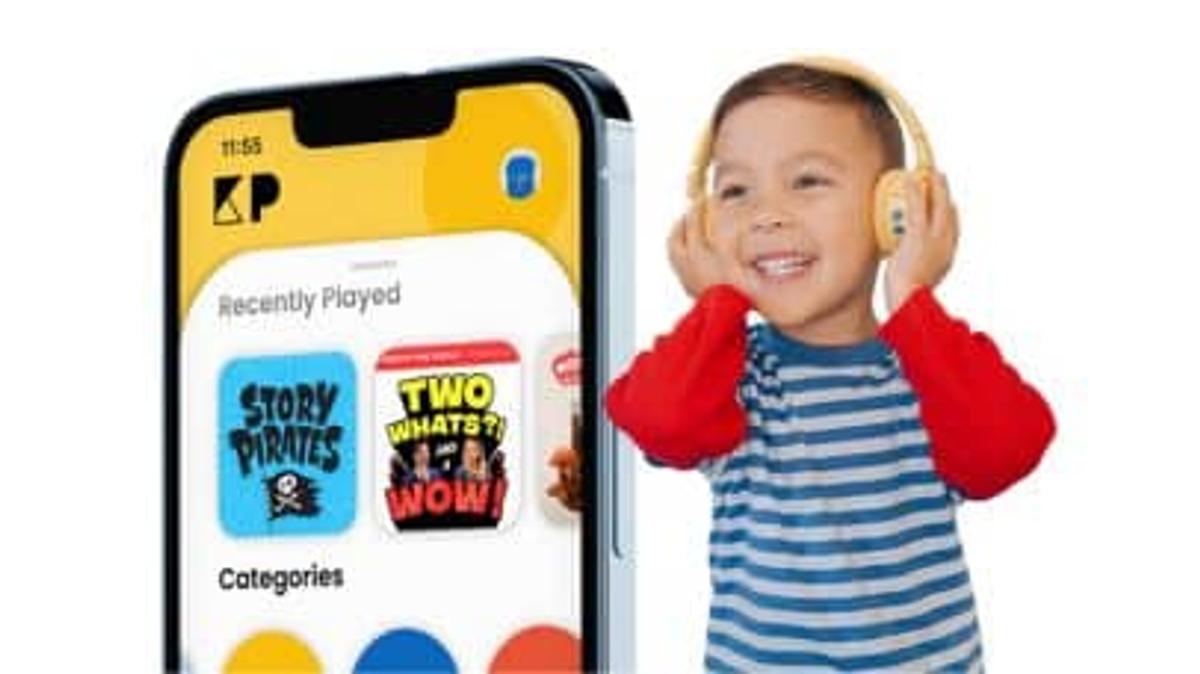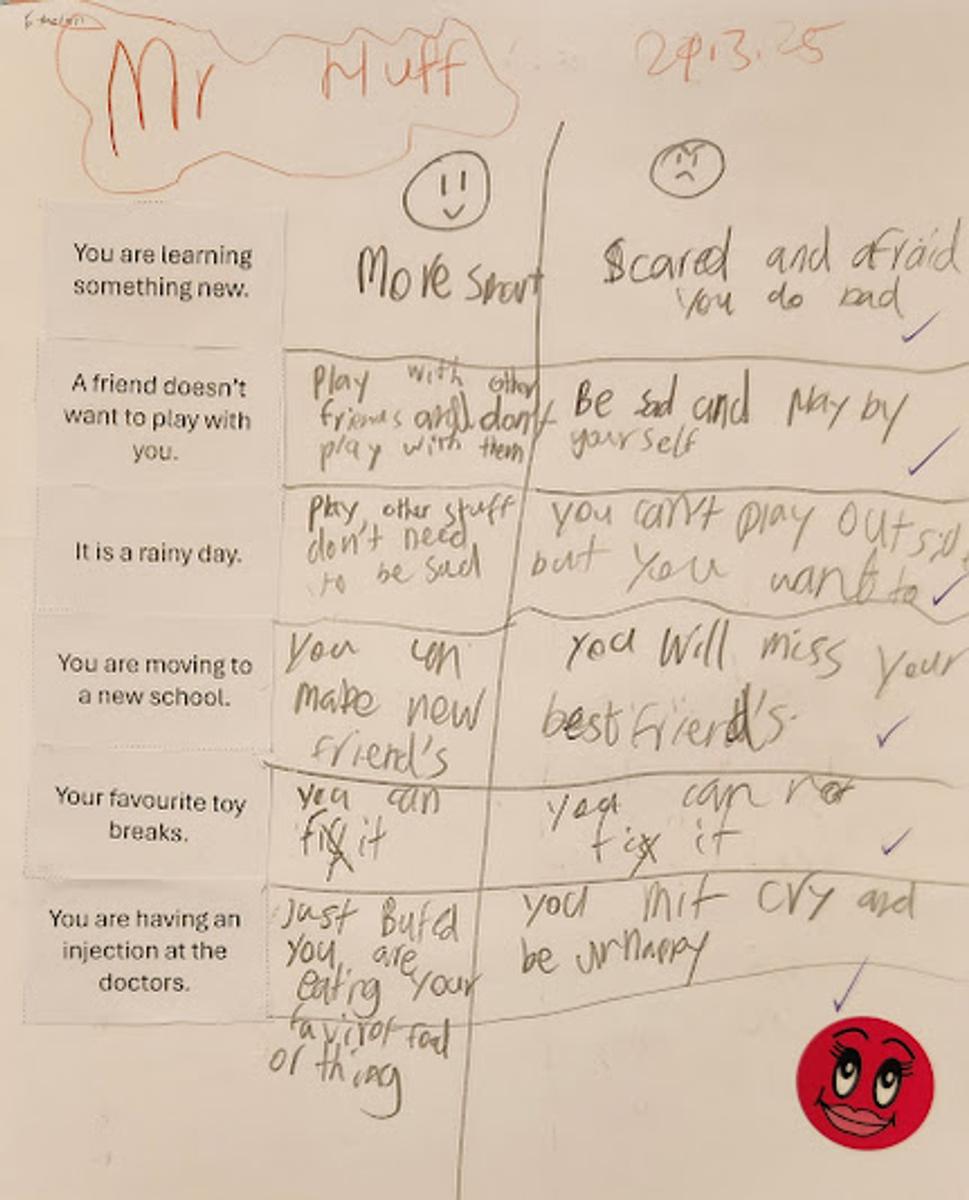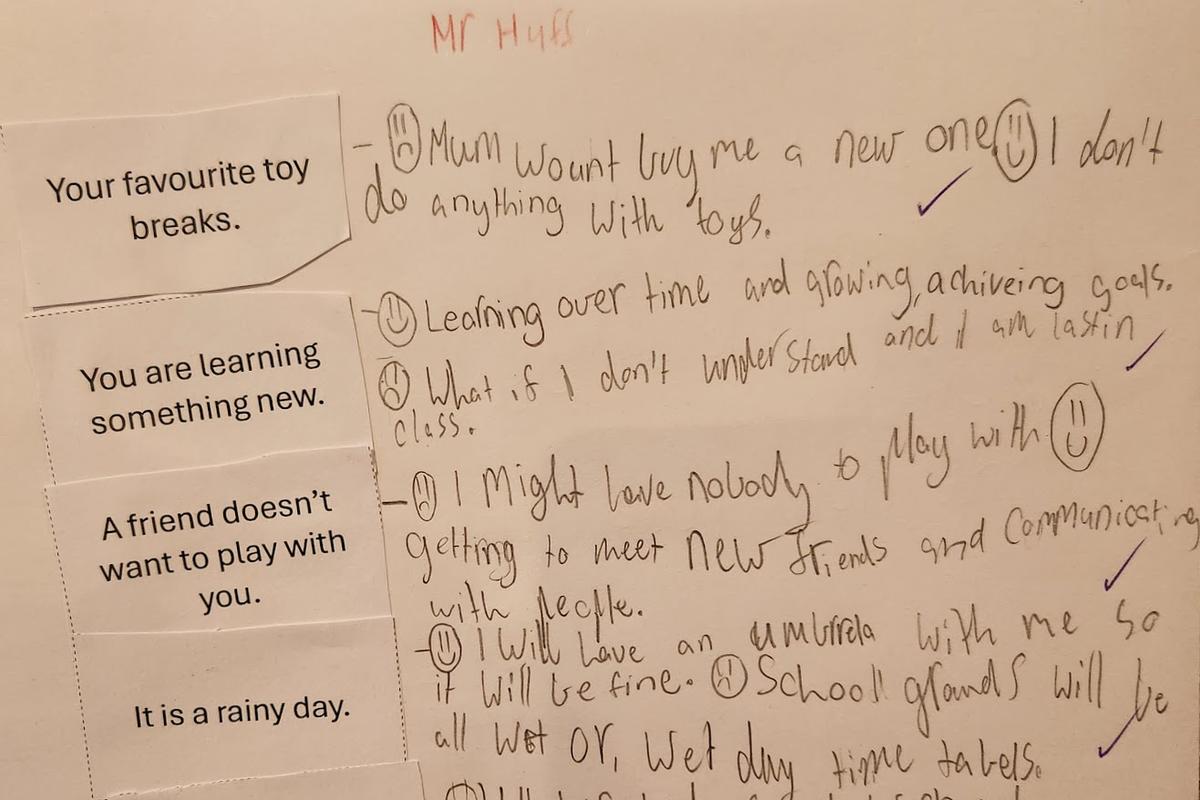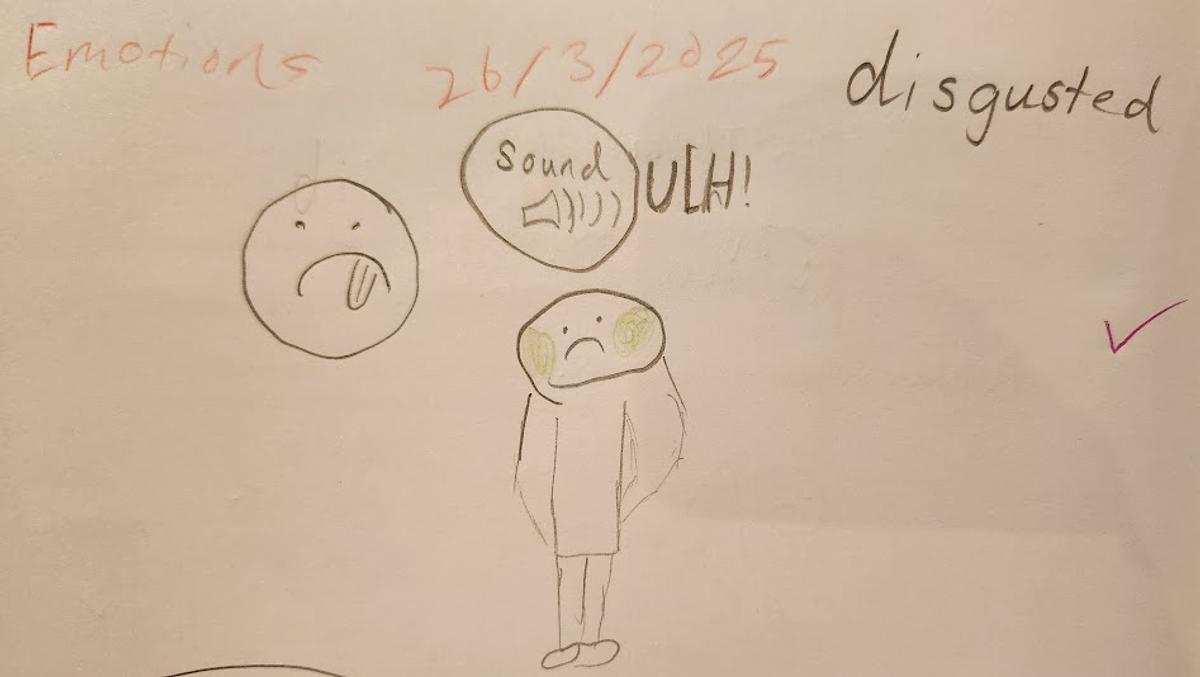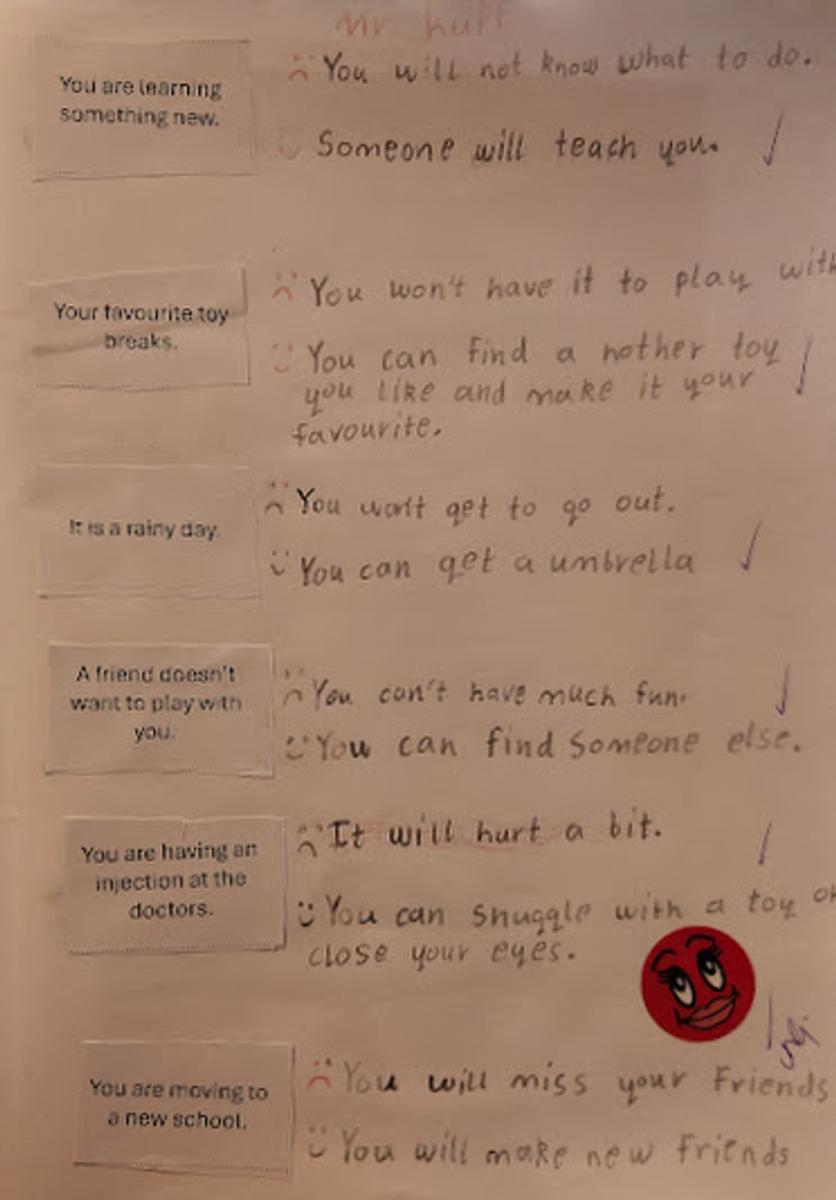Literacy

Do audiobooks help students improve their English skills?
At our recent PEAL (Parents with English as an Additional Language) night, one of the topics discussed was audiobooks. Audiobooks are becoming increasingly popular in homes, and research shows they offer many benefits for primary school students. Audiobooks are not a replacement for reading print books, but they are a powerful companion. The benefits of audiobooks are:
1. Expands Vocabulary and Language Exposure
Research shows that oral language experiences significantly impact vocabulary development. According to the National Early Literacy Panel, listening to stories read aloud—whether by a person or an audiobook—can improve vocabulary, especially when children are exposed to books above their independent reading level.
2. Builds Comprehension Skills
Listening to stories allows children to focus on understanding the plot, characters, and deeper themes without being held back by decoding difficulties. Studies have found that listening comprehension and reading comprehension develop along similar cognitive pathways, meaning audiobooks can support and even strengthen reading comprehension skills.
3. Supports Struggling Readers
For students who find decoding words difficult, audiobooks provide access to rich texts that match their interests and cognitive level. Studies have found that struggling readers who listened to audiobooks showed increased motivation, improved comprehension, and greater reading confidence .
4. Encourages a Love of Books
When students listen to engaging stories, they often develop a more positive attitude toward reading. The immersive nature of a well-narrated audiobook helps foster enjoyment, which is a key predictor of reading success. As renowned literacy expert Dr. Timothy Shanahan notes, “Engagement is as important as instruction.”
5. Models Fluent Reading
Audiobooks are excellent models of fluent, expressive reading. Hearing fluent reading is essential for developing fluency in young learners. Listening to fluent reading helps children internalise patterns of prosody, pacing, and phrasing, which they can then apply in their own reading.
Where to Find Great Audiobooks
Below are a number of locations where you can find free audiobooks. These were taken from an article on the SPELD website.
Local Library
FREE | Age: All ages
Most public libraries offer access to ebooks and audio books for free through through platforms like OverDrive or Libby. Simply use your library card to borrow and download titles to your computer or device.
Story Online
FREE | Age: Kindergarten to Year 3
Storyline Online is an award-winning children’s literacy website which streams videos featuring celebrated actors reading children’s books alongside creatively produced illustrations.
Each book includes supplemental curriculum developed by a credentialed elementary educator, aiming to strengthen comprehension and verbal and written skills for English-language learners.
Kidspod
FREE or Subscription | Age: Kids!
KidsPod is a free podcast app for kids that allows endless listening to all of the best kids podcasts. There is a paid version that provides handy features to enhance the user experience such as downloads for off-line listening, hand-curated KidsPod Editor’s Playlists, personal playlists, and a draw along mode.
What's happening in Year 3?
In Year 3, we completed some literacy activities based on the story 'Mr Huff' by Anna Walker. These were done in preparation for our upcoming incursion to help students connect with the play and understand some of the themes in the text. One activity involved students thinking both positively and negatively around a given situation. Another activity asked students to think critically about emotions; what do they look, feel and sound like? Here are some examples of these literacy tasks from this week:
Fortnightly Segments
Comprehension questions to ask at home
This fortnight’s questions are:
- What was your story about? Describe the most important events as they occurred in your story.
- How do the events in the story affect the characters? Match the events with examples of the character description.
- Choose a part of the book that has special meaning to you. Why did you choose it?
Writing Challenge
If your child enjoys their writing and is keen to write for enjoyment at home, below is a prompt that you could ask your child to write about.
- The dinosaurs are back, and they’re in your street. What happens next?

